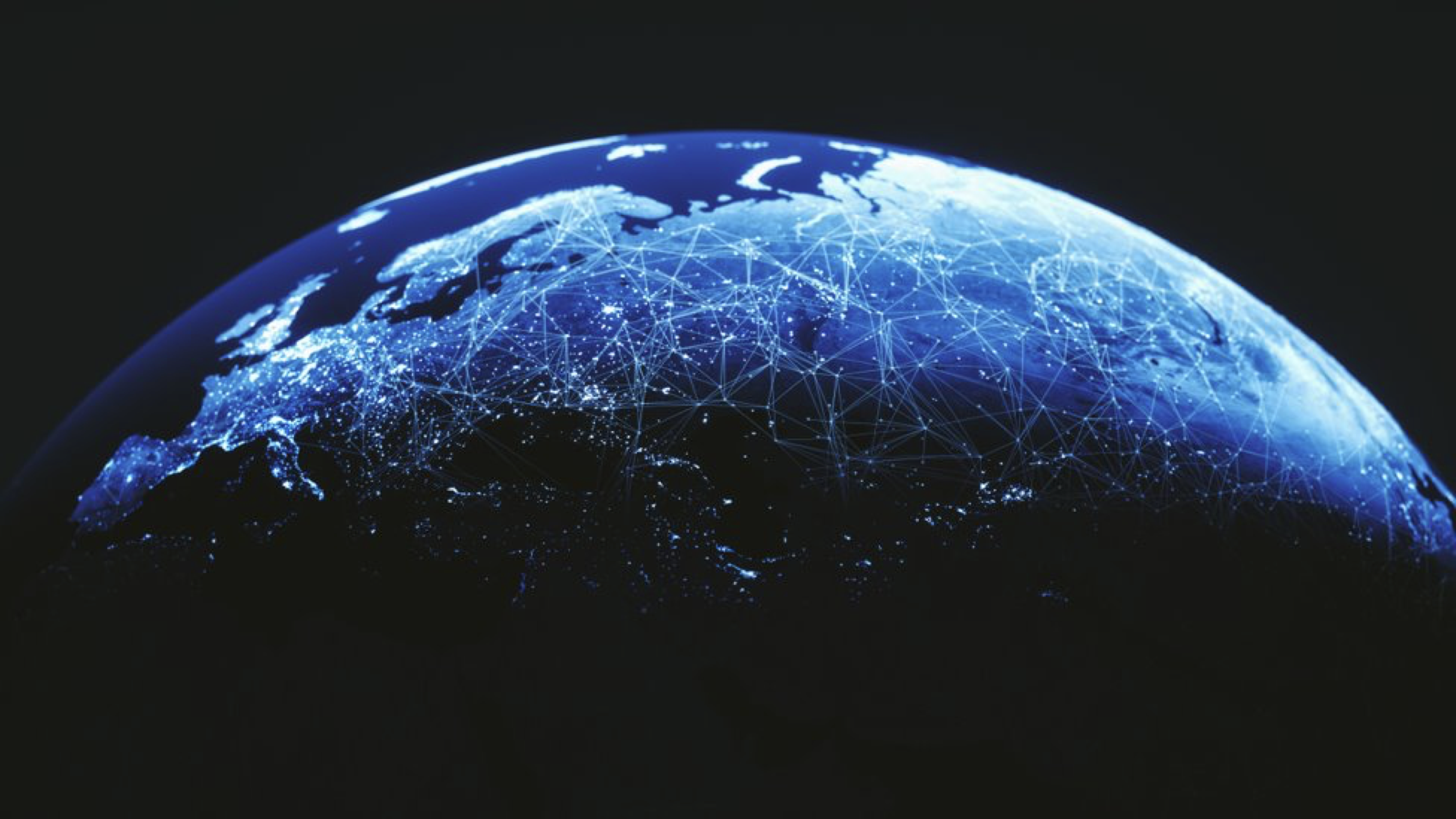From dangerous wildfires to severe floods, the International Science Reserve (ISR) understands that we are living in a moment of multiple and compounding crises, with both short and long-term disasters impacting people and communities around the world daily. The International Science Reserve expects to be most effective when a crisis is urgent and fast-moving with ongoing scientific research and policy needs.
The ISR’s team, executive board, advisors, and stakeholders identify which types of crises will be identified for response as a network. We consider the following criteria:
- Global impact: The crisis type includes events of a transnational scale that affect many countries.
- Complexity and novelty: The crisis type requires solutions far beyond any one country’s scientific capabilities and national science policy contexts to respond.
- Ability to contribute to solutions through science: The crisis type is one where scientists can make a difference using key resources that the ISR can help mobilize.
Crisis Status
Preparatory (Current)
In preparation for a crisis, the ISR engages the scientific network and lines up critical resources, like IBM’s Geospatial Discovery Network, that can accelerate their work. The ISR also builds community and crisis awareness by connecting scientists for collaboration and discussions and conducting readiness exercises on different crisis types. The ISR monitors developing situations to determine when to mobilize the network during a crisis.
Declared
In an active crisis, the ISR mobilizes to inform scientists and resource providers and begins accepting proposals for responses. We match these proposals with critical resources, and as the responses produce results, we share the resulting knowledge.

What we do
Explore the International Science Reserve’s mission and values, and read an overview of what we aim to achieve.

How we work
Learn how the ISR operates including our three-stage process: preparation, response, and recovery.



